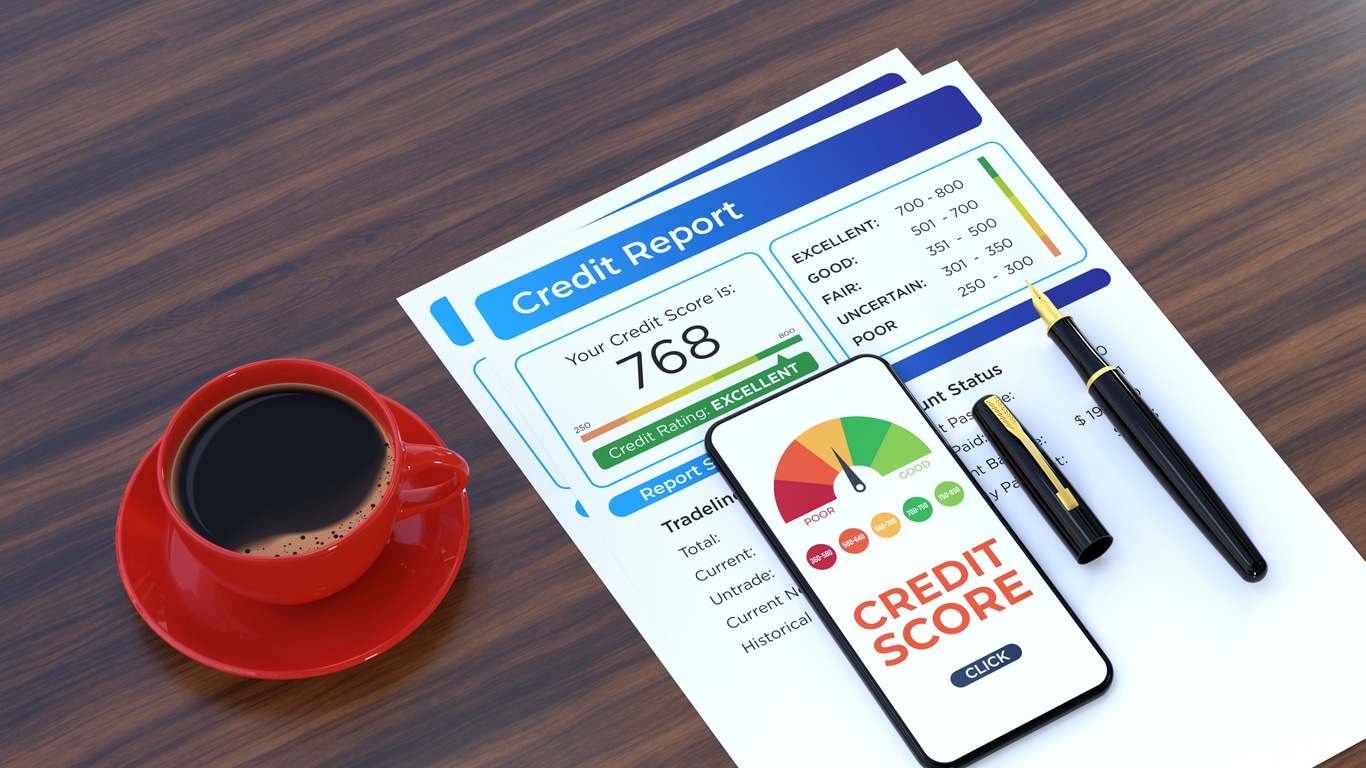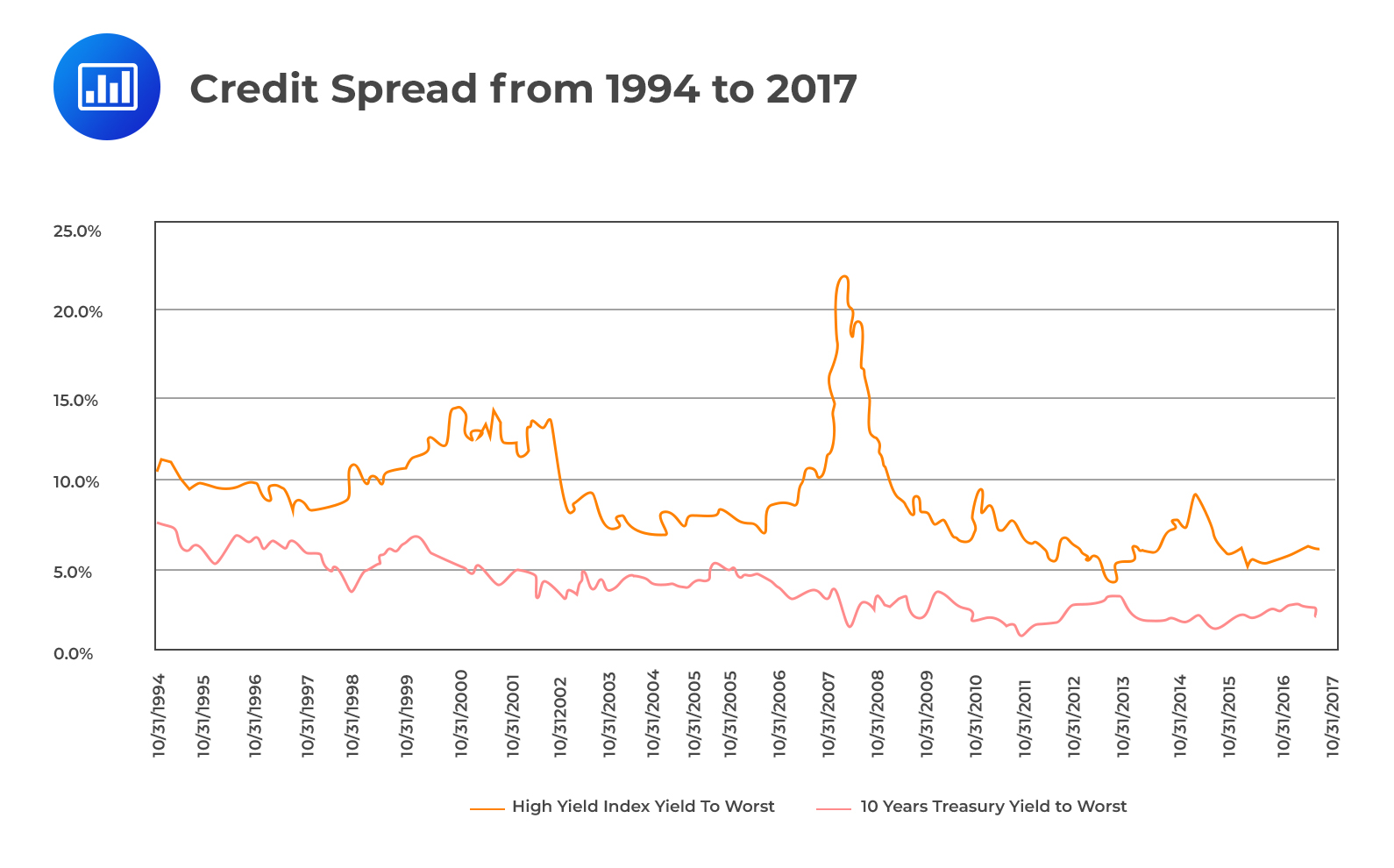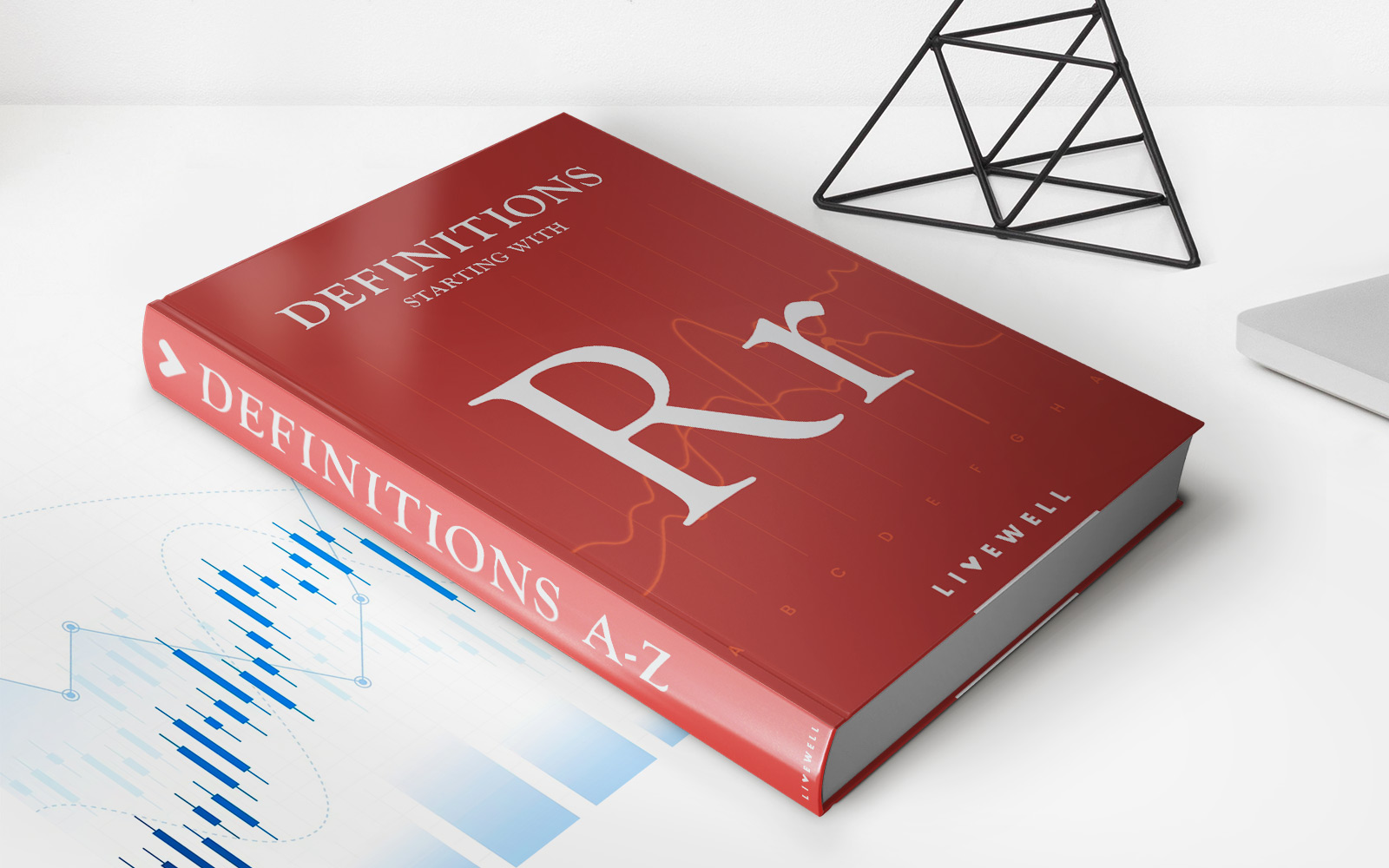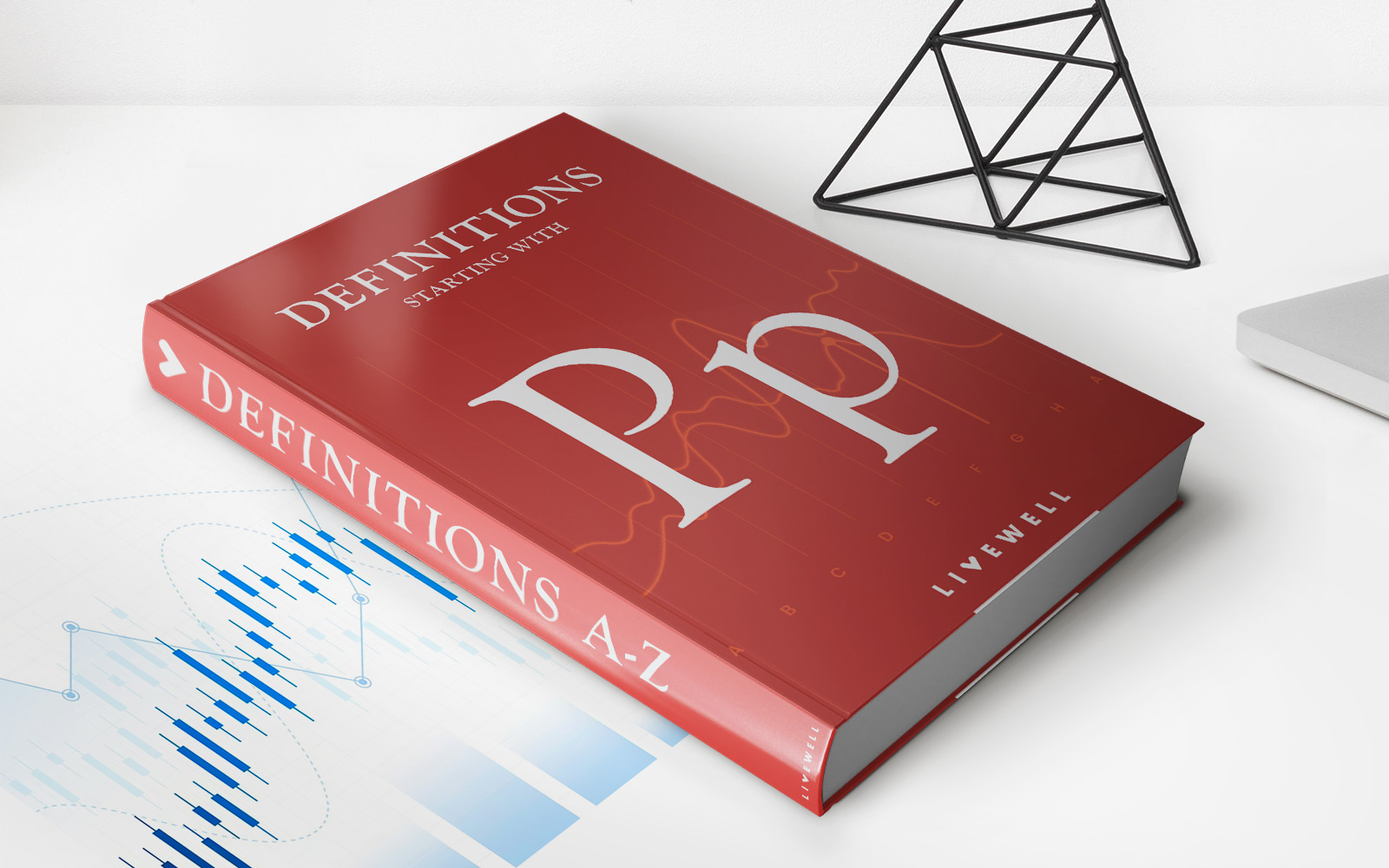

Finance
What Is A Credit Profile
Modified: March 6, 2024
Learn about credit profiles and how they impact your financial health. Understand the importance of maintaining a good finance credit profile for better opportunities and financial stability.
(Many of the links in this article redirect to a specific reviewed product. Your purchase of these products through affiliate links helps to generate commission for LiveWell, at no extra cost. Learn more)
Table of Contents
Introduction
When it comes to personal finance, understanding your credit profile is crucial. Whether you’re applying for a loan, a credit card, or even renting an apartment, your credit profile plays a vital role in determining your financial credibility. But what exactly is a credit profile?
A credit profile refers to a comprehensive overview of your creditworthiness and financial track record. It includes various factors such as your credit score, credit history, and other relevant financial information that lenders use to assess your ability to repay debts.
Having a good credit profile can open doors to better borrowing opportunities, lower interest rates, and increased financial flexibility. On the other hand, a poor credit profile can limit your ability to secure credit, result in higher interest rates, and make it challenging to achieve financial goals.
In this article, we will explore the importance of understanding your credit profile, the components that make up a credit profile, and how you can manage and improve your credit profile for a healthier financial future.
Definition of Credit Profile
A credit profile is a comprehensive record of an individual’s financial history that is used by lenders, landlords, and other financial institutions to assess creditworthiness. It serves as a snapshot of a person’s financial habits, including borrowing and repayment patterns. A credit profile is compiled by credit bureaus based on information provided by creditors, such as banks, credit card companies, and lenders.
Within a credit profile, several key pieces of information are considered, including:
- Credit Score: This is a numerical representation of an individual’s creditworthiness, usually ranging from 300 to 850. The higher the score, the better the credit profile.
- Credit History: This includes a detailed record of an individual’s borrowing and repayments, including loans, mortgages, credit cards, and other types of credit.
- Credit Accounts: This section lists all active credit accounts held by an individual, including credit cards, auto loans, student loans, and personal loans.
- Credit Inquiries: It includes information about recent credit inquiries made by potential lenders or creditors. Multiple credit inquiries within a short period of time can negatively impact the credit profile.
- Public Records: This section contains details of any bankruptcies, tax liens, or court judgments that may impact an individual’s creditworthiness.
- Personal Information: This includes biographical details like name, address, Social Security number, and employment history.
It’s important to note that credit profiles are used by financial institutions to assess risk and determine the terms and conditions of lending. A credit profile provides insights into an individual’s financial responsibility, allowing lenders to make informed decisions about extending credit and setting interest rates.
Understanding the components of your credit profile is essential in managing your financial health and ensuring access to affordable credit when needed.
Importance of Credit Profile
Your credit profile holds significant importance in your financial life. It not only determines your eligibility for loans, credit cards, and other forms of credit, but it also influences the interest rates and terms you’ll be offered. Let’s explore the key reasons why your credit profile is important:
- Access to Credit: A strong credit profile opens doors to various borrowing opportunities. Whether you’re applying for a mortgage, auto loan, personal loan, or credit card, lenders will assess your credit profile to determine your creditworthiness. A positive credit profile increases your chances of approval and gives you access to favorable interest rates and terms.
- Financial Flexibility: Maintaining a healthy credit profile provides financial flexibility. It allows you to handle unexpected expenses or take advantage of investment opportunities that may arise. With a good credit profile, you can access credit when needed and take advantage of lower interest rates, giving you more control over your financial situation.
- Lower Interest Rates: Lenders use your credit profile to assess the risk associated with lending you money. If you have a high credit score and a positive credit history, you’re seen as less risky, and lenders may offer you lower interest rates. This can result in significant savings over the life of a loan or credit card balance.
- Employment Opportunities: Some employers may also review your credit profile as part of their hiring process, especially for roles where financial responsibility is essential. Having a solid credit profile demonstrates your ability to manage your finances effectively, which can give you an edge over other candidates.
- Insurance Premiums: Insurance companies often consider your credit profile when determining your premiums. A positive credit profile indicates responsible financial behavior and may result in lower insurance rates for auto, home, or other types of coverage.
Ultimately, having a strong credit profile empowers you to navigate the financial landscape more effectively and seize opportunities to improve your financial well-being. It allows you to secure better terms, save money, and achieve your short-term and long-term financial goals.
Components of a Credit Profile
A credit profile is made up of several key components that lenders and financial institutions analyze to assess your creditworthiness. Understanding these components is essential in maintaining and improving your credit profile. Let’s explore the main elements of a credit profile:
- Credit Score: Your credit score is a numerical representation of your creditworthiness. It is calculated based on various factors, including your payment history, credit utilization, length of credit history, credit mix, and new credit inquiries. The most widely used credit scoring model is the FICO score, which ranges from 300 to 850.
- Credit History: Your credit history reflects your borrowing behavior and repayment track record over time. It includes information on credit accounts, such as credit cards, loans, and mortgages, and highlights whether you have made payments on time, have any late or missed payments, or have defaulted on a loan.
- Credit Accounts: This component of your credit profile lists all current and past credit accounts you have opened. It includes credit cards, personal loans, auto loans, student loans, and mortgages. It provides details on the account balance, credit limit or loan amount, payment history, and the status of the account.
- Credit Inquiries: Credit inquiries occur when you apply for new credit. There are two types of inquiries: hard inquiries and soft inquiries. Hard inquiries, such as those made when applying for a loan or credit card, can impact your credit score temporarily. Soft inquiries, such as checking your own credit or pre-approved offers, do not impact your credit score.
- Public Records: Public records include any legal judgments, tax liens, bankruptcies, or other court-related financial issues. These records can significantly impact your creditworthiness and stay on your credit profile for several years.
- Personal Information: Personal information includes your name, address, date of birth, social security number, and employment history. While this information is not directly related to your creditworthiness, it helps verify your identity and ensure accurate reporting.
Understanding the components of your credit profile allows you to be proactive in managing your credit health. By monitoring these components and ensuring they are in good standing, you can maintain a strong credit profile and increase your chances of obtaining better credit terms and opportunities.
Credit Score
Your credit score is a numerical representation of your creditworthiness and is an essential component of your credit profile. It plays a significant role in determining your eligibility for credit, interest rates, and loan terms. A higher credit score indicates a lower credit risk, making you more attractive to lenders. Let’s delve into the key aspects of credit scores:
Calculation: Credit scores are calculated based on various factors, including payment history, credit utilization, length of credit history, credit mix, and new credit inquiries. The most widely used credit scoring models are FICO Score and VantageScore. These scores range from 300 to 850, with a higher score indicating better creditworthiness.
Importance: Your credit score has a significant impact on your financial life. Lenders use it as a primary factor in determining whether to approve your credit applications and what interest rates to offer. A higher credit score not only increases your chances of approval but also allows you to secure more favorable terms, including lower interest rates and higher credit limits.
Factors: Several factors contribute to your credit score:
- Payment History: Your payment history accounts for the most significant portion of your credit score. It reflects how consistently you pay your bills on time, including credit card bills, loan installments, and other debts.
- Credit Utilization: Credit utilization refers to the percentage of your available credit that you are currently using. Keeping your credit utilization below 30% demonstrates responsible credit management and positively impacts your credit score.
- Length of Credit History: The length of your credit history measures how long you have been using credit. Generally, a longer credit history results in a higher credit score, as it provides more information for lenders to assess your financial behavior.
- Credit Mix: Having a mix of different types of credit, such as credit cards, loans, and mortgages, can positively impact your credit score. It shows that you can effectively manage different credit accounts.
- New Credit Inquiries: When you apply for new credit, inquiries are made on your credit report. Multiple inquiries within a short period can negatively impact your credit score. However, rate shopping for loans, such as mortgages or auto loans, within a specific timeframe is typically treated as a single inquiry.
Improving Your Credit Score: If your credit score is not where you want it to be, don’t worry. There are several steps you can take to improve it. These include making payments on time, paying off outstanding debts, keeping credit card balances low, avoiding opening multiple new accounts in a short period, and regularly monitoring your credit report for errors.
Remember, building and maintaining a good credit score takes time and consistent effort. By understanding the factors that contribute to your credit score and actively managing your credit, you can improve your creditworthiness and enjoy the benefits of a higher credit score.
Credit History
Credit history is a crucial component of your credit profile that provides a detailed record of your borrowing and repayment behavior. It offers insights into your financial responsibility and serves as a valuable tool for lenders in assessing your creditworthiness. Let’s explore the key aspects of credit history:
What is Credit History?
Credit history refers to a comprehensive record of your past and current credit accounts, including credit cards, loans, mortgages, and other forms of credit. It showcases your borrowing behavior, highlighting how well you have managed your debts over time.
Information Included in Credit History:
Credit history typically includes the following details:
- Account Details: This includes information about each credit account, such as the type of credit (credit card, loan, etc.), account balance, credit limit or loan amount, and the date the account was opened.
- Payment History: This section shows your payment patterns for each account. It indicates whether you have made payments on time, paid less than the minimum amount due, or missed any payments.
- Account Status: It displays the current status of each credit account, whether it is active, closed, or in collections.
- Payment Patterns: Credit history reveals your payment patterns and trends over time, allowing lenders to assess your ability to manage debt responsibly.
Importance of Credit History:
Having a positive credit history is crucial for several reasons:
- Creditworthiness Assessment: Lenders rely on your credit history to evaluate your creditworthiness. It helps them determine the likelihood of you repaying debts based on your past behavior.
- Loan Approvals: A strong credit history increases your chances of obtaining loan approvals. Lenders prefer borrowers with a proven track record of responsible borrowing and repayment.
- Interest Rates and Terms: Your credit history influences the interest rates and loan terms you are offered. A solid credit history can lead to lower interest rates and more favorable loan terms.
- Financial Opportunities: Maintaining a good credit history ensures access to various financial opportunities, such as obtaining credit cards with higher limits, qualifying for lower insurance premiums, or securing favorable rental agreements.
Building a Healthy Credit History:
If you are new to credit or looking to improve your credit history, there are several steps you can take:
- Make payments on time: Pay all your bills, loans, and credit card payments on time to establish a positive payment history.
- Pay off debts: Reduce and eliminate outstanding debts to improve your credit utilization ratio.
- Use credit responsibly: Avoid maxing out credit cards and maintain a low credit utilization ratio to showcase responsible credit usage.
- Monitor your credit report: Regularly review your credit report for inaccuracies or unauthorized accounts and report any discrepancies promptly.
A strong credit history demonstrates your ability to manage credit responsibly, which not only opens doors to better borrowing opportunities but also sets the foundation for a solid financial future.
Credit Reports
Credit reports play a vital role in determining your creditworthiness and are an essential component of your credit profile. They provide a detailed summary of your credit history and financial behavior, serving as a valuable tool for both lenders and consumers. Let’s dive into the key aspects of credit reports:
What is a Credit Report?
A credit report is a document that contains detailed information about an individual’s credit history, including their credit accounts, payment history, credit inquiries, public records, and personal information. It is compiled by credit bureaus, which gather data from various creditors and financial institutions.
Importance of Credit Reports:
Credit reports offer several important benefits:
- Creditworthiness Assessment: Lenders use credit reports to evaluate an individual’s creditworthiness before extending credit. They review the information in the report to determine the likelihood of timely repayments and overall creditworthiness.
- Data Accuracy: Credit reports provide an opportunity for individuals to review and ensure the accuracy of their credit information. Identifying errors or discrepancies is crucial for maintaining a healthy credit profile.
- Identity Verification: Credit reports contain personal information, such as your name, address, and social security number. This information helps confirm your identity when applying for credit or other financial services.
- Monitoring Financial Health: Regularly reviewing your credit report allows you to monitor your financial health. You can identify any negative changes, such as missed payments or fraudulent activity, and take steps to address them promptly.
Components of a Credit Report:
A credit report typically includes the following components:
- Personal Information: This section contains your name, address, date of birth, social security number, and employment information. It helps identify you and ensures accurate reporting.
- Credit Accounts: This section lists your credit accounts, including credit cards, loans, mortgages, and other lines of credit. It provides details about each account, such as the account type, account balance, credit limit or loan amount, and payment history.
- Payment History: Payment history shows your track record of making timely payments, including any late payments or missed payments. It is a crucial factor in determining your creditworthiness.
- Credit Inquiries: Credit inquiries indicate when someone requests access to your credit report. There are two types of inquiries: hard inquiries, which occur when you apply for credit, and soft inquiries, which occur when you check your own credit or when lenders make pre-approved offers.
- Public Records: Public records include any legal or financial events that can impact your creditworthiness, such as bankruptcies, tax liens, and court judgments. These records can have significant implications on your credit profile.
Accessing Your Credit Report:
You have the right to access your credit report for free once a year from each of the major credit bureaus: Experian, Equifax, and TransUnion. You can obtain your credit report online or by requesting a printed copy by mail.
Regularly reviewing your credit report allows you to stay informed about your credit standing and take necessary steps to maintain and improve your credit profile.
Factors that Affect Credit Profiles
Several key factors can significantly impact your credit profile and determine your creditworthiness. Understanding these factors is crucial for managing and improving your financial health. Let’s explore the key factors that affect credit profiles:
- Payment History: Your payment history is one of the most critical factors in your credit profile. Making timely payments on your credit accounts, such as loans and credit cards, demonstrates financial responsibility and positively impacts your creditworthiness. Late payments, missed payments, or defaults can have a significant negative effect on your credit profile.
- Credit Utilization: Credit utilization refers to the percentage of your available credit that you are currently using. Keeping your credit utilization ratio below 30% is generally recommended to maintain a healthy credit profile. Maxing out credit cards or having high loan balances can negatively impact your creditworthiness.
- Length of Credit History: The length of your credit history is an important factor in determining your credit profile. Generally, a longer credit history allows lenders to assess your financial behavior and repayment patterns more accurately. Having a well-established credit history can positively impact your creditworthiness.
- Credit Mix: The variety of credit types you have in your profile can impact your creditworthiness. Lenders prefer to see a mix of credit accounts, such as credit cards, student loans, mortgages, and auto loans. Having a diverse credit mix shows that you can manage different types of credit responsibly.
- New Credit Applications: When you apply for new credit, it can temporarily impact your credit profile. Multiple credit inquiries within a short period can be viewed unfavorably by lenders, as it may indicate a higher risk of taking on excessive debt. It’s important to be cautious when applying for new credit and avoid opening multiple accounts within a short timeframe.
- Public Records: Public records, such as bankruptcies, tax liens, or court judgments, can have a significant negative impact on your credit profile. These records indicate financial struggles or legal issues and can stay on your credit report for several years. It is essential to address any public records promptly and work towards resolving them.
These factors are taken into consideration by credit bureaus to calculate your credit score and determine your creditworthiness. Each factor plays a role in shaping your credit profile and affects how lenders perceive your ability to repay debts. By understanding these factors, you can take appropriate steps to manage your credit responsibly, improve your credit profile, and increase your chances of obtaining favorable credit terms in the future.
Managing and Improving Credit Profiles
Managing and improving your credit profile is crucial for maintaining good financial health and maximizing your creditworthiness. By implementing effective strategies, you can strengthen your credit profile and increase your chances of accessing better borrowing opportunities. Let’s explore some key steps for managing and improving your credit profile:
- Paying Bills on Time: Consistently making timely payments is one of the most significant factors in maintaining a healthy credit profile. Set up reminders or automatic payments to ensure you never miss a payment. Even one late or missed payment can have a negative impact on your creditworthiness.
- Reducing Debt: Managing your debt responsibly is vital for a healthy credit profile. Aim to pay off outstanding balances and keep your credit utilization ratio below 30%. Paying down debt not only improves your creditworthiness but also saves you money on interest charges.
- Monitoring Your Credit Report: Regularly reviewing your credit report allows you to identify errors or discrepancies that may negatively affect your credit profile. You can request a free copy of your credit report annually from each of the major credit bureaus. By promptly addressing any inaccuracies, you can maintain an accurate representation of your credit history.
- Managing Credit Inquiries: Minimize the number of credit inquiries you make by being selective and intentional when applying for new credit. Multiple inquiries within a short period can raise concerns with potential lenders. However, rate shopping for loans, such as mortgages or auto loans, within a specific timeframe is typically treated as a single inquiry.
- Building a Positive Credit History: Establishing and maintaining a positive credit history is essential for a strong credit profile. If you are new to credit, consider starting with a secured credit card or becoming an authorized user on someone else’s credit card to build your credit history. Make small purchases and pay them off in full each month to demonstrate responsible credit usage.
- Diversifying Your Credit Mix: Having a diverse mix of credit accounts can positively impact your credit profile. If you only have credit cards, consider adding other types of credit, such as a car loan or a personal loan. However, be cautious about taking on excessive debt and only borrow what you can comfortably afford to repay.
- Responsible Credit Behavior: Demonstrating responsible credit behavior over time is key to improving your credit profile. This includes avoiding maxing out credit cards, consistently paying bills on time, and keeping credit accounts open for an extended period. Responsible credit behavior shows lenders that you are reliable and capable of managing credit responsibly.
Improving your credit profile takes time and discipline. Be patient and consistent in implementing these strategies to see positive changes in your creditworthiness over time. Remember, a strong credit profile not only increases your chances of obtaining credit but also empowers you to access better loan terms, lower interest rates, and more financial opportunities.
Conclusion
Understanding and managing your credit profile is essential for maintaining healthy financial well-being. Your credit profile, comprised of factors such as credit score, credit history, and credit reports, plays a significant role in determining your creditworthiness and access to borrowing opportunities. By actively managing and improving your credit profile, you can enhance your financial standing and take control of your financial future.
Throughout this article, we have explored the definition and components of a credit profile, including the importance of credit scores, credit history, credit reports, and the factors that impact your credit profile. We have also discussed strategies for managing and improving your credit profile, such as making payments on time, reducing debt, monitoring your credit report, and practicing responsible credit behavior.
Remember, building a strong credit profile takes time and diligence. It requires responsible financial habits, such as paying bills on time, keeping credit utilization low, and maintaining a diverse credit mix. Regularly monitoring your credit report for accuracy and making adjustments as needed is also crucial.
By actively managing your credit profile, you can enhance your creditworthiness, gain access to better borrowing opportunities, and strengthen your overall financial position. Take the necessary steps to improve your credit profile today, and you’ll reap the benefits of increased financial flexibility, lower interest rates, and improved financial stability in the long run.














